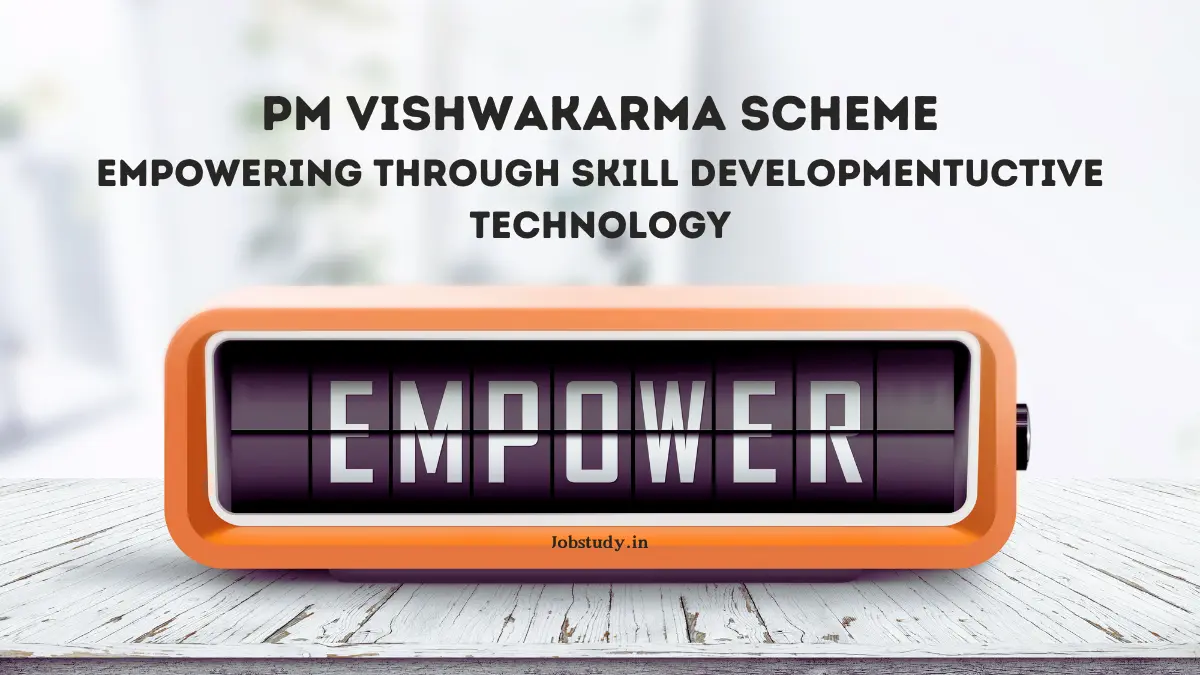Are you tired of spending hours studying only to forget everything the next day? Do you want to improve your memory retention and study more efficiently? Look no further! In this article, we will provide you with tips and techniques how to study fast without forgetting.
Studying is an essential part of academic success. However, it can be frustrating to spend countless hours studying only to forget everything the next day. The good news is that there are techniques and strategies you can use to improve your memory retention and study more efficiently.
In this article, we will explore some of the best tips and techniques to help you how to study fast without forgetting. These tips include creating a study schedule, using active recall, taking breaks, and incorporating visual aids into your studying. By following these techniques, you can improve your memory retention and study more efficiently.
Create a Study Schedule
One of the best ways how to study fast without forgetting is to create a study schedule. A study schedule can help you manage your time more efficiently and ensure that you are covering all the necessary material. Here are some tips for creating a study schedule:
- Identify your goals: Before creating a study schedule, it is important to identify your goals. What do you want to accomplish by the end of your study session? Make sure that your goals are specific and measurable.
- Prioritize your tasks: Once you have identified your goals, prioritize your tasks. Make a list of the topics you need to cover and rank them in order of importance.
- Allocate your time: Allocate your time based on the importance of the tasks. Allocate more time for the topics that are more important and less time for the topics that are less important.
- Be realistic: Make sure that your study schedule is realistic. Don’t schedule more tasks than you can realistically accomplish in a study session.
By creating a study schedule of how to study fast without forgetting , you can manage your time more efficiently and ensure that you are covering all the necessary material.
Read Also: Who Invented Study?

Use Active Recall
Active recall is a powerful technique for improving memory retention it could be more helpful for how to study fast without forgetting. It involves actively retrieving information from your memory rather than simply rereading it. Here are some tips for using active recall:
- Test yourself: Test yourself on the material you are studying. This can involve creating flashcards, taking practice quizzes, or writing out summaries.
- Space out your testing: Space out your testing to improve memory retention. Test yourself on the material multiple times, with increasing intervals between each test.
- Use elaboration: Elaborate on the information you are studying. Make connections between different concepts to help you remember them.
By using active recall, you can improve your memory retention and study more efficiently.
Take Breaks
Taking breaks is an essential part of how to study fast without forgetting. It can help you stay focused and improve your memory retention. Here are some tips for taking breaks:
- Take frequent breaks: Take frequent breaks to prevent burnout. A good rule of thumb is to take a 5-10 minute break every 30-45 minutes of studying.
- Get up and move: Use your breaks to get up and move around. Take a short walk or stretch to improve circulation and boost energy.
- Do something enjoyable: Use your breaks to do something enjoyable. Listen to music, read a book, or have a snack to help you relax and recharge.
By taking breaks, you can stay focused and improve your memory retention.
Read Also: 5 Effective Study Skills for High School Online Learning Success
Incorporate Visual Aids
ncorporating visual aids into your studying can help you remember information more effectively. Here are some tips for incorporating visual aids:
- Use diagrams and charts: Use diagrams and charts to help you visualize information. This can be especially helpful for how to study fast without forgetting.
- Draw pictures: Draw pictures to help you remember information. This can be especially helpful for memorizing vocabulary words or diagrams.
- Use colors: Use colors to help you differentiate between different concepts. This can be especially helpful for subjects like science or history.
By incorporating visual aids into your studying, you can improve your memory retention and make studying more enjoyable.
Conclusion:
Studying can be a challenging and time-consuming process, but by following these tips and techniques, you can study fast as you want how to study fast without forgetting. Creating a study schedule, using active recall, taking breaks, and incorporating visual aids into your studying are all effective ways to improve your memory retention and study more efficiently.
Remember to set specific goals, prioritize your tasks, and be realistic with your time. Use active recall to actively retrieve information from your memory, take breaks to prevent burnout, and incorporate visual aids to help you remember information more effectively.
By following these tips and techniques, you can study more efficiently and achieve academic success.
FAQs of How to Study Fast Without Forgetting
What is active recall?
Active recall is a technique for improving memory retention by actively retrieving information from memory rather than simply rereading it. It involves testing yourself on the material you are studying, using flashcards, practice quizzes, or writing out summaries.
How often should I take breaks when studying?
It’s important to take frequent breaks to prevent burnout. A good rule of thumb is to take a 5-10 minute break every 30-45 minutes of studying.
What are some examples of visual aids that can be used for studying?
Some examples of visual aids include diagrams, charts, pictures, and colors. These aids can help you visualize information, differentiate between concepts, and make studying more enjoyable.
How can I make sure I don’t forget information I’ve studied?
To make sure you don’t forget information, use active recall, space out your testing, elaborate on the information, and incorporate visual aids. Additionally, make sure to get enough sleep and avoid cramming the night before an exam.






